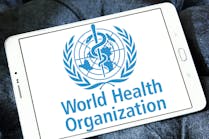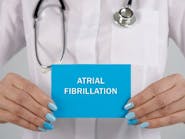HHS awarding $1.6 billion to tackle addiction, overdoses
The U.S. Department of Health and Human Services (HHS), through the Substance Abuse and Mental Health Services Administration (SAMHSA) and the Health Resources and Services Administration (HRSA), is awarding more than $1.6 billion in investments for communities throughout the country addressing the addiction and overdose crises, as a part of President Biden’s comprehensive effort to prevent overdoses and save lives. The investments made through SAMHSA’s State Opioid Response (SOR) and Tribal Opioid Response (TOR) grant programs and HRSA’s rural communities opioid response programs will help communities looking to leverage every tool at their disposal – from prevention to harm reduction to treatment and recovery supports for people in need.
“Providing access to evidence-based, person-centered care is a central part of HHS’ strategy for ending the overdose crisis,” said Secretary Becerra. “I have heard many stories of despair from individuals battling addiction and from families who have lost loved ones to overdose. Through these grants, we are investing in evidence-based supports and services for individuals, families, and communities on the road to recovery. Through these grants, we are investing in hope.”
“Every American deserves access to culturally responsive prevention, treatment, and recovery services and supports,” said Miriam E. Delphin-Rittmon, Ph.D., HHS Assistant Secretary for Mental Health and Substance Use and the leader of SAMHSA. “SAMHSA remains committed to fighting overdose and to reminding the nation that there is hope – treatment is effective and recovery is possible.”
“We are taking action to support the critical needs of rural and tribal communities by expanding access to opioid use disorder treatment,” said HRSA Administrator Carole Johnson. “Too often, the needs and challenges of these communities are overlooked or not well served. At HRSA, we are focused on reaching the communities that need our support the most and helping them tackle the overdose crisis.”





